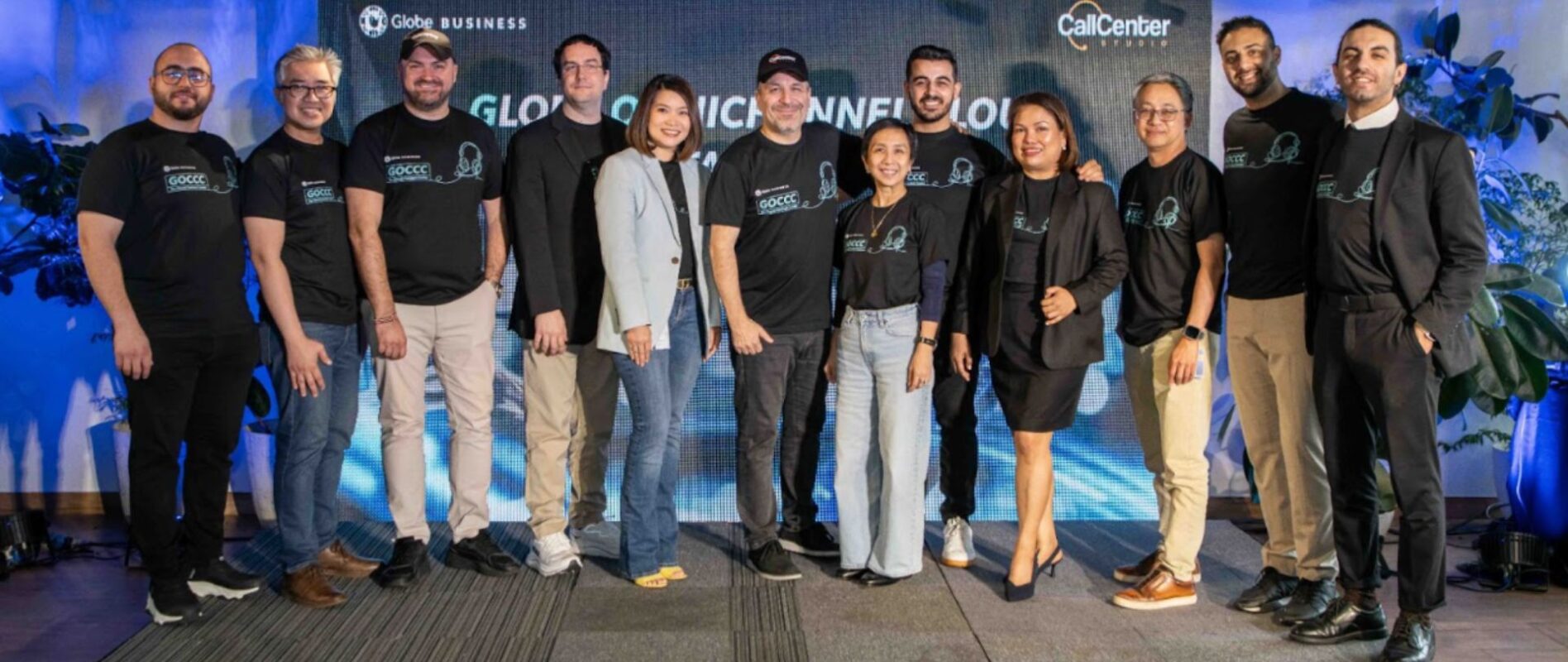ONE MERALCO FOUNDATION ENERGIZES ISLAND SCHOOLS IN ANTIQUE
The One Meralco Foundation (OMF) recently energized an off-grid public school on the island of Liwagao in the municipality of Caluya in Antique in a bid to empower students with access to digital learning materials for their education.
The project involves a 1-kilowatt peak (kWp) solar photovoltaic (PV) system for the Lim Elementary School, which can be reached via a four-hour boat ride from mainland Antique. The school caters to over 100 students who are taught by seven teachers.
The new solar facility will power crucial equipment that will provide lighting and ventilation to create a more conducive learning environment for students. It will also significantly contribute to the delivery modes for learning given that equipment such as printers, laptops, and televisions can now be used by both teachers and students.
“Investing on improvements in the learning environment of our students will help further not just their respective individual growth but also contribute towards the development of their community,” OMF President Jeffrey O. Tarayao said. “With electricity access, these students can explore a bigger world of knowledge with the help of multimedia equipment that they can now fully use.”
The support provided by OMF is a testament to the lasting impact that collaborations between government and the private sector can achieve for the collective benefit of learners according to Director Marge Ballesteros of the Department of Education (DepEd) External Partnerships Service.
“Social development is a product of collaboration between all sectors of society, and this latest initiative by the One Meralco Foundation shows the potential that the private sector and the government can be unlocked by continuously working together,” she said.
DepEd Superintendent for Antique Nicasio Frio added that it would greatly improve the quality of education provided to students at Lim Elementary School.
“We are turning the challenges that we encounter as part of our inspiration to do better,” he said, noting the importance of electricity in enriching the learning experience of students.
With the electrification of the institution, Shirley Cario, Lim Elementary School head, said she and her fellow educators can better teach students since they can now access equipment such as printers and laptops. She recalled how prior to the installation of the solar PV system, students cannot use digital learning materials during school hours due to the lack of electricity service.
“Our students used to have a challenging time studying since they cannot use facilities such as audiovisual equipment that can aid them in their studies before,” Cario said. “Now, we see our students becoming more active in school since we can now use different equipment like television that can enhance their learning experience.”
Improving the quality of education is among the top priorities of the local government unit (LGU) according to Caluya Vice Mayor Belfe Duran, who promised to maintain the installed solar PV system in the school.
“This project serves as an inspiration to the beneficiary students to do better in their studies,” he said.
Just recently, OMF also energized another island school in Antique, the Sibolo Elementary School located in Sibolo Island, which caters to 145 students who are under the care of seven teachers. The project also involved the installation of a 1kwP-portable solar PV system.
To date, a total of seven schools in Antique have been energized by OMF since 2015, benefitting more than 1,200 students and 46 teachers.
The energization of off-grid public schools is an initiative of OMF under its community electrification program which also covers, low-income households in the Meralco franchise area, rural health centers and barangay health stations, water access, and agricultural and livelihood programs.
This program, according to Tarayao, is an important initiative under OMF and Meralco’s sustainability commitment to spread the light and create lasting impact to underserved communities in the country.
“This also supports the government’s thrust to promote human and social development through improving education and lifelong learning, and eventually uplift the lives of Filipinos, especially those in far-flung communities,” he concluded.








